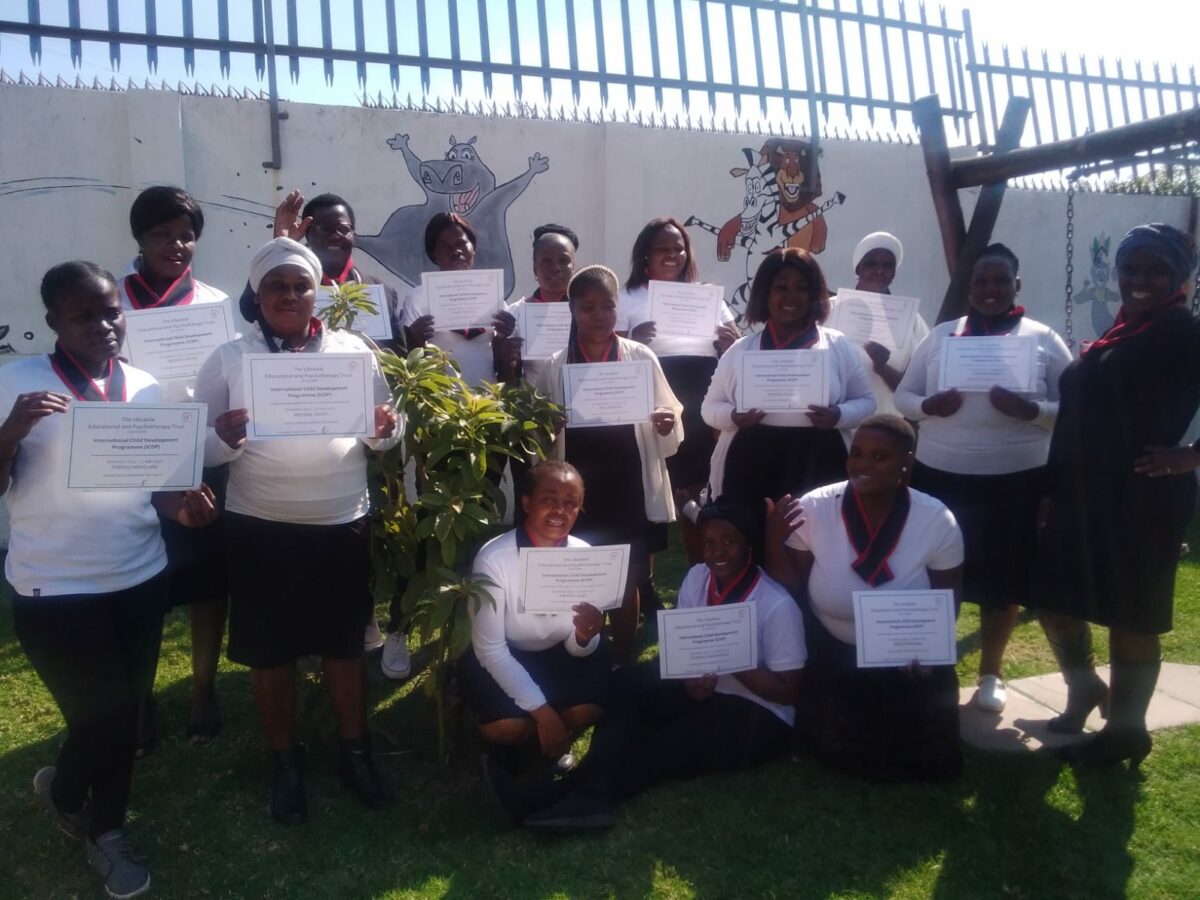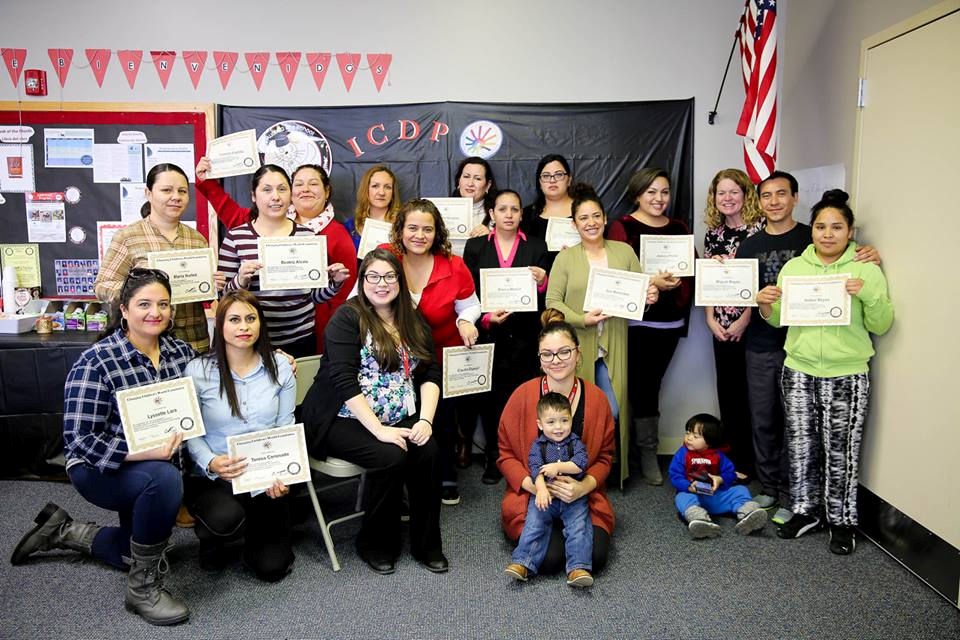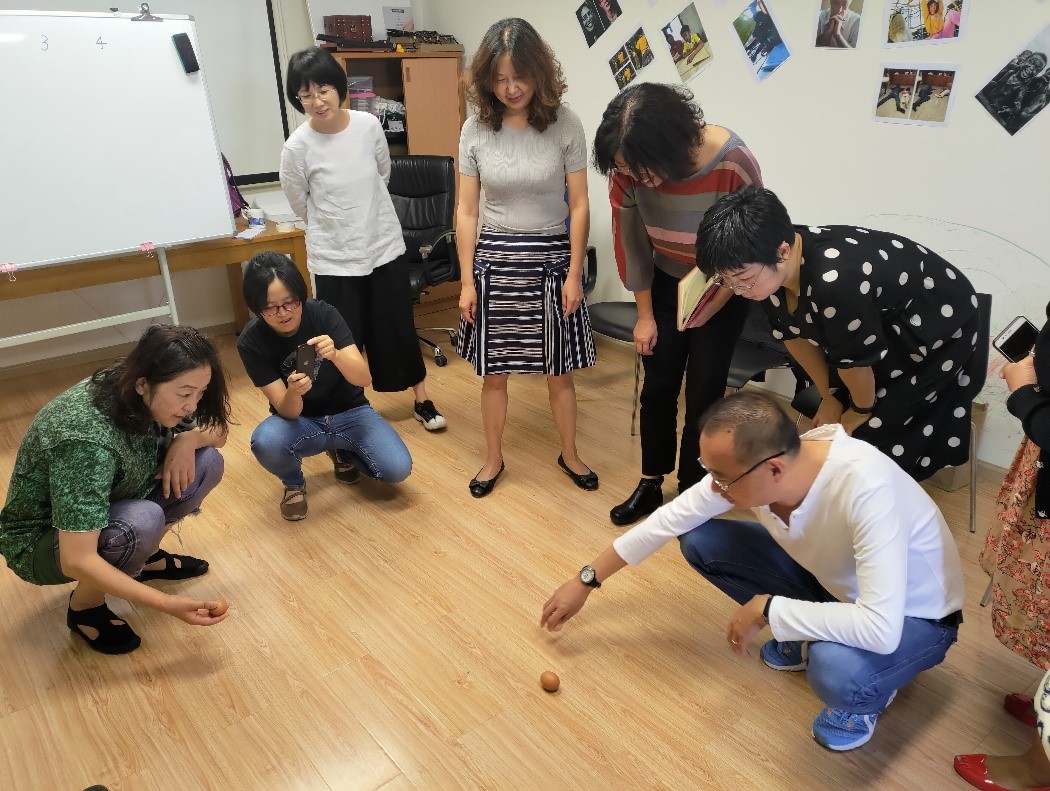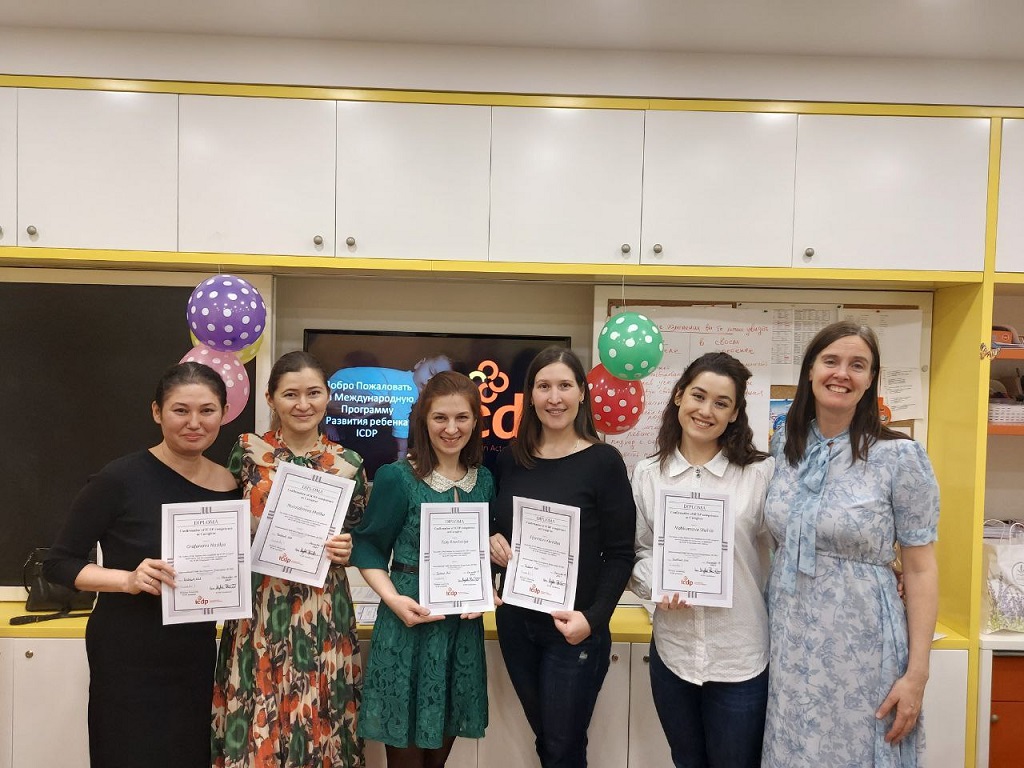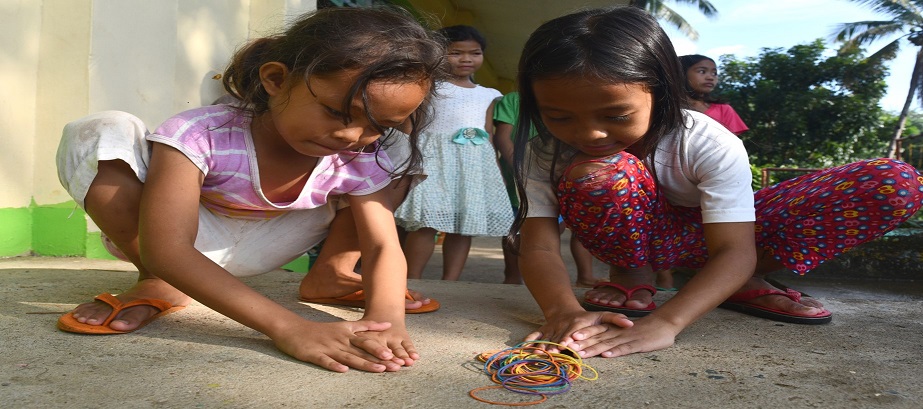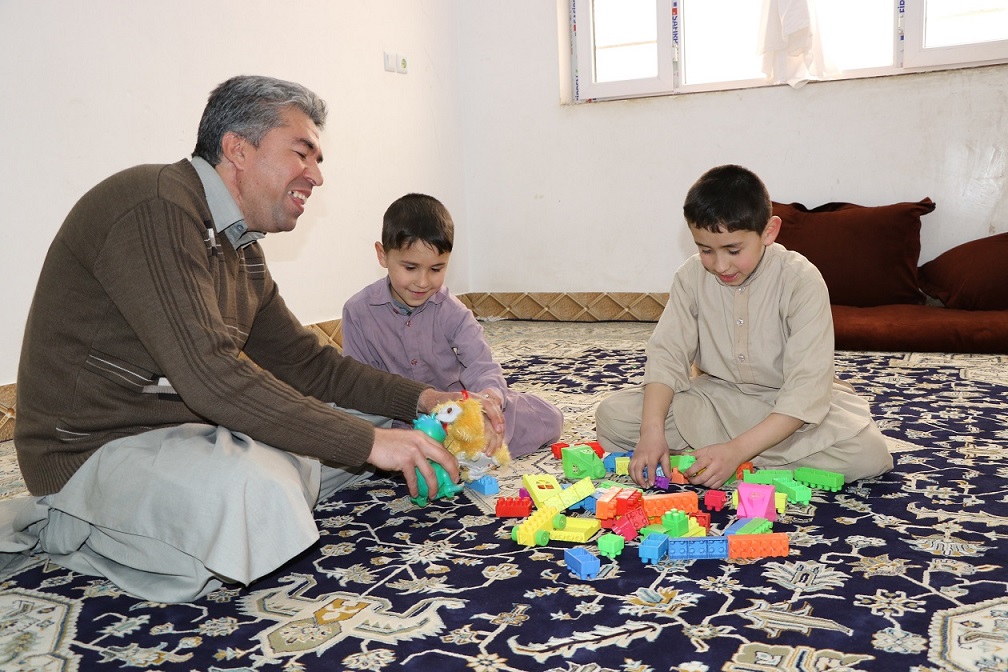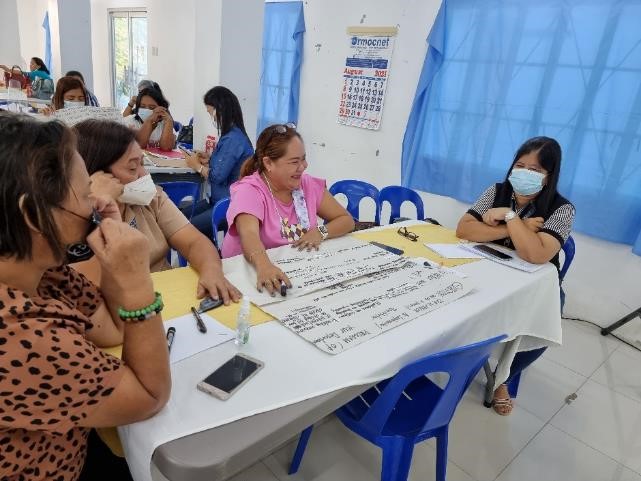Changing Children’s Worlds Foundation – 10th Year Anniversary UPDATE (2011-2021)
The Changing Children’s Worlds Foundation addresses the issue of “failure to thrive” in a 2-generational social context with the International Child Development Program. We invest in adult capacity to overcome past/current trauma, to thrive, to develop nurturing, pro-social relationships with their children. When adults, as children, receive sensitive, positive support, care, and interactions, they may thrive in positive communications, social-emotional skills, interpersonal relationships, education and future economic stability.
Today, in Illinois, 11% of the population lives in poverty, and nearly 11% have not completed a high school education. Nearly 1 in 5 U.S. adults live with a mental illness. Clearly, help is needed, and help provided to one generation, can support the next.
CCWF serves children/youth and parents/caregivers, to implement and strengthen empathy-based behaviors, communications and interactions into their daily lives. We partner with educators, administrators, mental health professionals and community leaders to train them/staffs as community-based facilitators of learning/support groups using our evidence-based psycho-social curriculum to strengthen protective adult-child relationships.
Population Demographics
The “Best Start” program has evaluated the impact of our program on a subset of 635 parents / caregivers. This subset studied participation of 360 (64%) Female and 199 (36%) Male participants. Of these, 274 (55%) participants were Hispanic/Latino, 109 (21.7%) were White, 91 (18.1%) were Black, and 18 (3.6%) were of two or more “races.”
Further, 303 (60%) of the participants were Married/Living with Partner, 138 (27.4%) were Single, and 60 (11.9%) were Separated/Divorced.
Participants’ education included 202 (41.6%) with High School Diploma; 135 (27.8%) with Some College, 82 (16.9%) with No Formal Education, and 52 (10.7%) with a Bachelor’s/4-year Degree.
Regarding Participant Employment Status, 169 (35.4%) participants were Full-Time employees, 109 (22.7%) were At-Home, 63 (13.2%) were Part-Time employees, and 78 (16.4%) were Unemployed.
On Individual Income, 117 (31.3%) were at $0-5,000 a year; 85 (22.7%) at $20,001-40,000; 57 (15.2%) made $10,000-20,000; 54 (14.4%) made $5,001-10,000; and 46 (12.3%) made $40,001-80,000.
The number of parents/caregivers and children served has been reduced significantly during COVID. However, during the pandemic, we also focused on strengthening our psycho-social programming for youth (11-24 years), and this is beginning to increase.
266 Adult/Caregiver clients from 2011-2014, in our early stages of development. 154 were served in 2015; 224 in 2016; 350 in 2017; 338 in 2018; and 330 in 2019.
We have now served nearly 100 YOUTH with our 2019-2022 “Best Start-All About YOUth” program for Youth 11-24 years old, largely ethnic minority youth in low SES communities.
The pandemic caused great decreases as in-person school and program services were disrupted. However, we adapted our programming to virtual trainings of professionals as well as virtual programs for Parents and for Youth. That enabled us to serve 143 parents in 2020 and 158 in 2021. Over half of the parents that we served in 2020 and 2021 were high-need parents referred to us by the Illinois Department of Child and Family Services, or through the Kane County and Kendall County Jail systems.
Our contract and caseload with the Department of Child and Family Services (child welfare) doubled from 2019 to 2020, and again from 2020 to 2021. In 2022 we may see a 3-fold increase from 2021. Our contract with Kane County Jail remained the same level, as the Sheriff partnered with our Foundation to support Detainees released early from the Jail during COVID, to receive stronger reintegration support with their families. The RESTORE community-based program funds is open to parents engaged in the Justice System – through court referrals, or DCFS, or pre-court diversion programs as well. This has served the community well.
Evaluation Results.
Based on 635 Best Start caregivers who completed both pre- and post-evaluation questionnaires, significant evaluation results are found in almost all metrics considered (Jan 2022).
With Tool to measure Parental Self-Efficacy (TOPSE), all areas (Emotion & Affection, Play and Enjoyment, Empathy & Understanding, Control, Discipline, Setting Boundaries, Pressures, Self-Acceptance, Learning & Knowledge, Resilience & Hope) show highly significant increase in self-report scores, as do scores overall (p-value < 0.001).
Caregivers show a highly significant increase in understanding and use of ICDP 8 guidelines (within Emotional, Comprehension and Regulation Dialogues, p-value < 0.001 for all). They report improvement in health/quality of life after program completion (p-value < 0.001 for both).
In the Strengths & Difficulties Questionnaire, parents report significant improvement in their perceptions of child’s behaviors in all areas surveyed (Emotional Issues, Conduct Problems, Hyperactivity, Peer Interactions, Prosocial Behaviors). This suggests that the Best Start focus on empathy between parent and child may improve the child’s wellbeing, or promote a more positive parent outlook and focus on child’s positive behaviors.
There is a highly significant decrease in parental Psychological Aggression (p-value < 0.001); Physical Assault (p-value = 0.025) using the Parent-Child Conflict Tactics Scale, suggesting the program promotes healthy, less harmful parent-child interactions.
HIGHLIGHTS – Parents with All Abilities (all disabilities)
So many parents, here is the story of one (2):
Belinda was referred to us in 2021, by the Assoc. for Individual Development, the year CCWF received a $5,000 Northwestern Univ. seed grant for one year of conversations with a parent population we had not yet served, parents with disabilities. We aimed to learn from these parents, and providers of people with disabilities, so we could design a program to best support their diverse needs. This mission began when another mom, Anne-with 14 disabilities (2 sons) contacted us to volunteer (2020). Anne loved her first parenting program and became trained as a facilitator. She facilitated our very first virtual parenting program for Parents of All Abilities (special needs). It was a strong success. However, Anne is currently in intensive medical care.
Belinda has 2 daughters (1 and 8 yrs), and participated in the weekly Parents of All Abilities program (2021-22). She walks with a cane, through the pain, and is currently undergoing cancer treatment. Belinda became a parent advisor, took our “Best Start” Facilitator training in Winter 2021-22, and now facilitates with a CCWF staff member, our Exceptional Families program (child welfare families for whom she is an advocate). Further, she is back in school to finish a college degree.
Kimberly Svevo-Cianci

